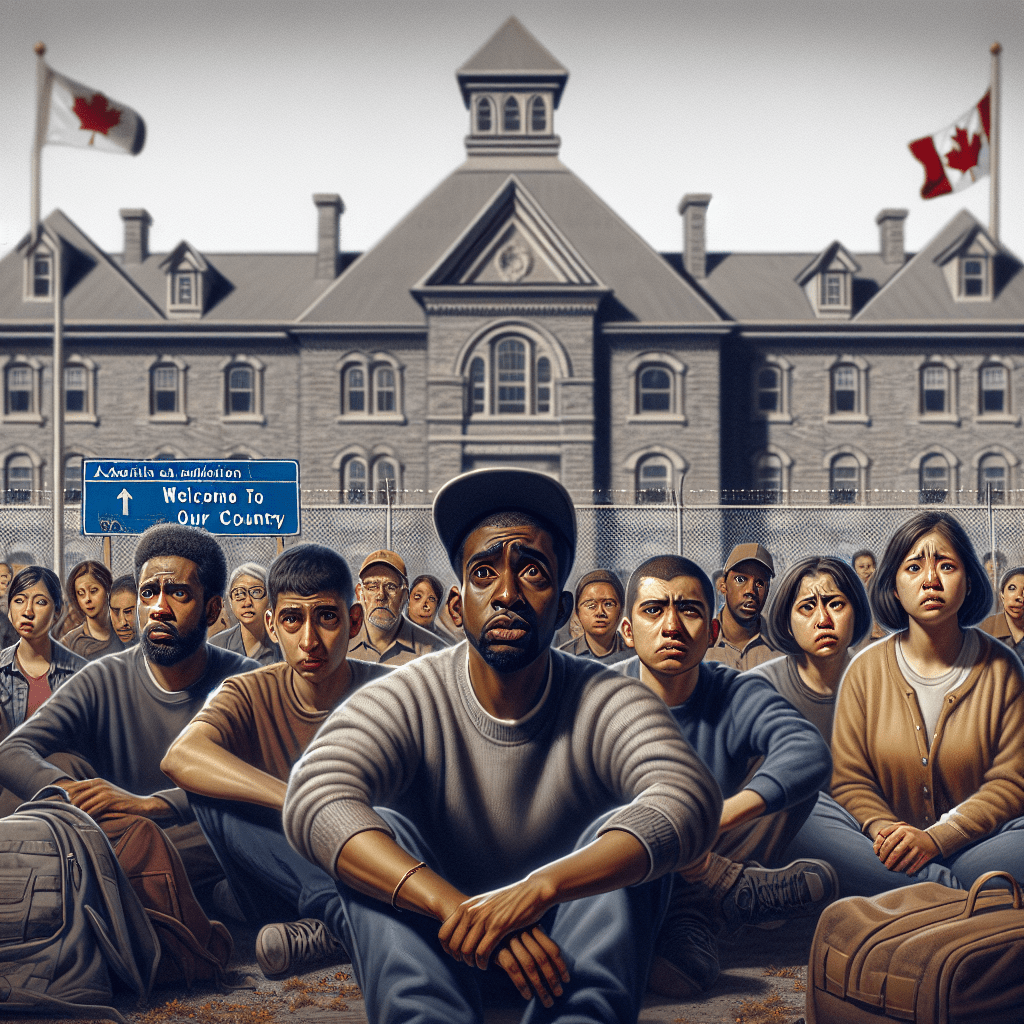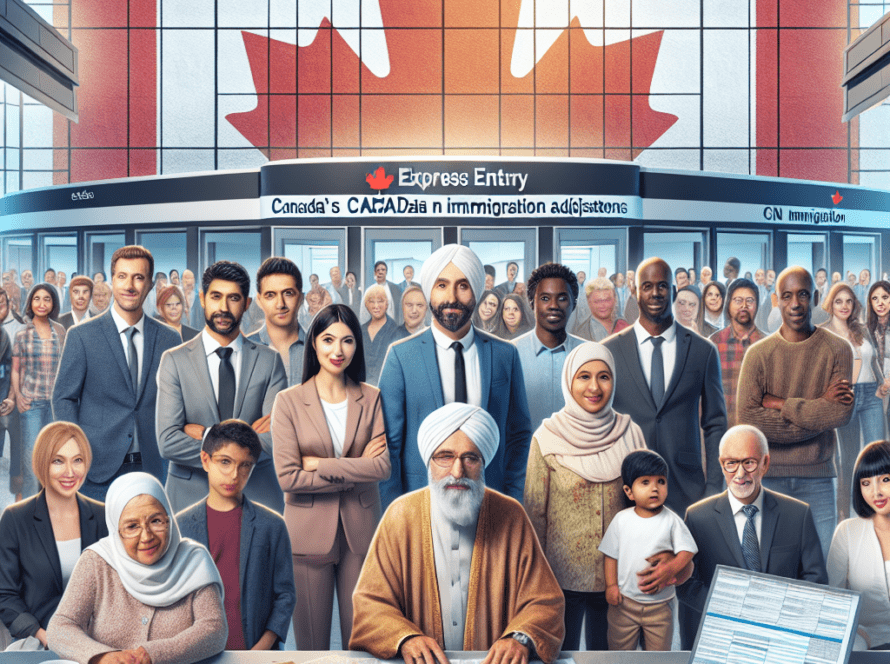Canadian Colleges Linked to Human Trafficking: The Dingucha Case

Title: Unraveling a Tragic Nexus: Cross-Border Trafficking and the Role of Educational Institutions
Summary:
The Enforcement Directorate (ED) of India has initiated a significant investigation into a cross-border trafficking scheme linked to certain Canadian colleges and Indian entities. This inquiry is particularly poignant, as it is connected to a tragic incident in January 2022, where a family from Gujarat lost their lives attempting to illegally cross the Canada-U.S. border. The investigation centers around allegations of money laundering and human trafficking, raising critical questions about the intersection of education, immigration, and exploitation.
Key Findings and Accusations:
At the heart of this investigation is Bhavesh Ashokbhai Patel, identified as the primary suspect in orchestrating a conspiracy to facilitate illegal immigration. The ED has charged Patel and his accomplices under the Prevention of Money Laundering Act (PMLA), revealing a disturbing pattern of criminal activity. Reports indicate that aspirants were lured with promises of admission into Canadian colleges, only to later abandon their studies to pursue illegal border crossings into the United States.
The financial implications of this scheme are staggering, with individuals reportedly paying between ₹55 lakh and ₹60 lakh (approximately $66,000 to $72,000) to participate in this trafficking network. Recent raids across various cities in India have uncovered entities that refer tens of thousands of students to foreign colleges annually, indicating a widespread operation that exploits educational systems for illicit purposes.
The Broader Implications:
What makes this situation particularly alarming is the involvement of educational institutions, which are typically seen as sanctuaries for learning and personal growth. The ED’s investigation has brought to light that around 4,200 agents in India are implicated, with 112 colleges in Canada being identified as potential collaborators. This highlights a troubling reality where the very institutions meant to empower individuals are being co-opted into a dangerous web of trafficking.
The investigation also raises questions about regulatory oversight in both Canada and India. How are these institutions maintaining their integrity when faced with such allegations? There is an urgent need for a robust framework to monitor and manage the activities of educational agents, ensuring that they operate within legal and ethical boundaries.
Continuing Efforts and the Path Forward:
The ED’s actions—including freezing ₹19 lakh in bank accounts and seizing various incriminating materials—mark a crucial step towards dismantling this trafficking nexus. As the investigation unfolds, it is imperative that authorities not only focus on the immediate perpetrators but also look at the systemic issues that allow such exploitation to occur.
This case serves as a stark reminder of the vulnerabilities faced by individuals seeking better opportunities abroad. It underscores the necessity for comprehensive immigration reforms and enhanced protection for those at risk of exploitation. The tragic loss of the family from Gujarat should galvanize action to prevent further tragedies and ensure that the pursuit of education does not become a pathway to danger.
Conclusion:
As the ED continues its investigation, the international community must remain vigilant. This case is not just about trafficking; it is about the human cost of exploitation and the responsibilities of educational institutions. By addressing these issues head-on, we can strive towards a future where education serves its true purpose: to uplift and empower individuals rather than becoming a conduit for despair.



